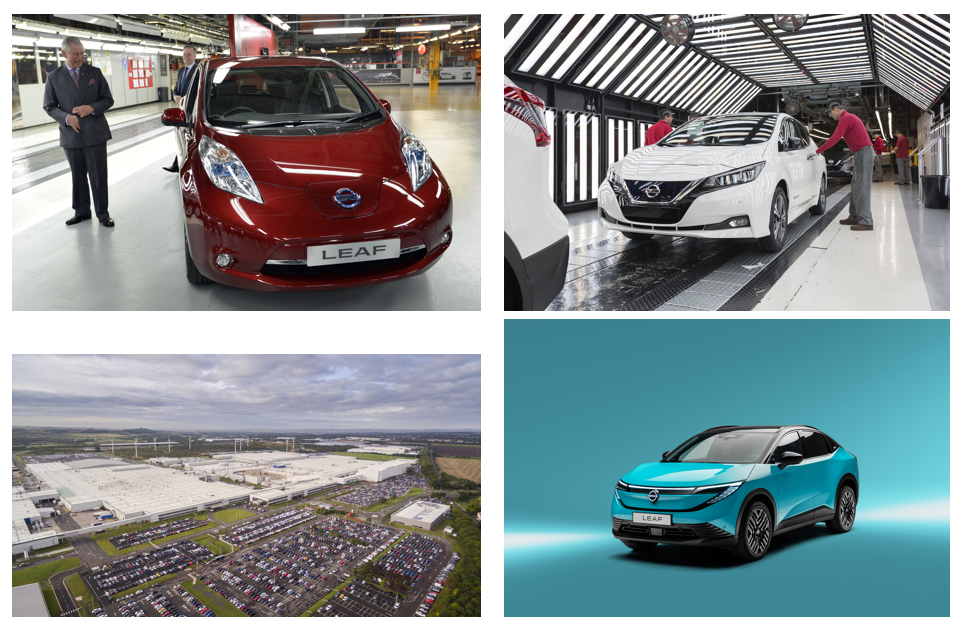Share

A recent Reliability Survey conducted by What Car? indicates that electric vehicles (EVs) are more likely to break down and leave drivers stranded than their petrol and diesel equivalents.
The survey, which gathered feedback from 30,000 drivers over two years, found that 16.8% of battery car owners reported a breakdown in the last 24 months, compared to just 10.7% of petrol car owners. Hybrids (14.1%) and diesels (15.4%) also showed statistically lower breakdown rates.
The report also highlighted that when EVs encounter issues, they are less likely to be permanently repaired at the roadside. Only one in four EV breakdowns resulted in a permanent fix, allowing drivers to continue their journeys, in contrast to two in five petrol car owners who were able to get back on the road after a roadside repair.
Consequently, EVs were the most commonly transported fuel type to garages for repairs, with 40.6% of EV breakdowns requiring recovery from the roadside, compared to 29.6% for petrol cars. These findings align with recent statements from AA bosses, who claim that EV breakdowns are more common despite a popular misconception that they are more reliable due to fewer moving parts.
Despite the higher breakdown rate, EV owners reported some positives: breakdown-related faults were typically resolved for free more often than any other fuel type. According to the survey, 89% of faulty EVs were rectified at no cost to the driver, with only 3% paying over £1,500 for repairs.
This compares favorably to petrol cars, where only 76% of repairs were free, and diesels, which had the lowest rate of free repairs at two-thirds. What Car? also assessed breakdown recovery services, with Britannia Rescue ranking as the best overall provider.
Its patrols attended three-quarters of callouts within an hour and enabled 53% of car owners to continue their journeys. Allianz ranked at the bottom of the satisfaction chart for breakdown assistance.
Here is a summary of the breakdown data by fuel type:
And the best-rated breakdown assistance providers:
Related Posts
Discover more from Tech Digest
Subscribe to get the latest posts sent to your email.











Leave a Reply